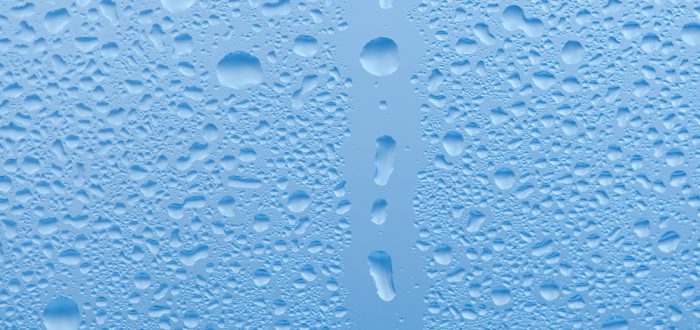Many people often don’t realize that there are actually many factors which can affect your hearing aid and whether it functions properly or not. Today, we are going to talk about how humidity or moisture can affect your hearing aid device(s). This can sometimes present a challenge for hearing aid users, especially those who enjoy the outdoors or live in places with “extreme’ humidity.
What is Humidity?
Atmospheric moisture is commonly referred to as humidity, but humidity is actually defined as the quantity or measurement of water vapor in the air. Relative humidity refers to the ratio of water molecules in the air compared to how much the air can actually hold. So when you can feel wetness in the air, that means the relative humidity is high. As humans, we are often sensitive to humidity. When humidity levels are high, our sweat will not evaporate as quickly, and like most electronics, humidity, moisture or condensation can potentially cause damage to hearing aids.
Humidity and Hearing Aids: What You Need Know
Moisture & Sweat
When warm, humid air meets the colder metal components of a hearing aid, it can cause a buildup of moisture or condensation. This can have a detrimental effect on the circurity inside the device. As we mentioned above, humidity makes it harder for the sweat to evaporate, and if enough of that ends up in or on your hearing aid device(s), it can potentially cause damage to it. .
How Does Condensation and Perspiration Cause Damage to Your Device?
Moisture can clog the ports and openings of the device. It also builds up in tubing, which can affect the frequency response of your hearing aid technology. It can also cause corrosion on the components and battery contact points, or even short-circuit the microphones and receivers. In short, moisture is can in fact be “deadly” to your hearing aids. Obviously, a little exposure won’t matter all that much, but prolonged exposure can do a lot of damage and affect the performance of your hearing aid device(s).
Common Signs or Symptoms of Moisture Damage include:
- Sound is full of static or crackling
- Sound is distorted
- Sound cuts out during loud noises
- Sound fades in and out
- Device works intermittently
Tips for Hearing Aid Users:
- Hearing aid sweatbands that allow sound through but keep moisture out
- Exercising during the cooler parts of the day
- Removing your device when exercising
- Keeping your device in a drying device also known as a dehumidifier when not in use
- Selecting a hearing aid device with water resistant features
Consult with the Hearing Experts at Kenwood Hearing Center
If you suspect you have moisture damage or if you have questions about hearing aids of hearing loss, we are here to help! Please contact us today and schedule an appointment at one of our convenient Ohio hearing center locations: Bowling Green, Toledo, or Wauseon. The experts at Kenwood Hearing Center are here for you to help you not only with hearing aids, but your overall hearing health.
